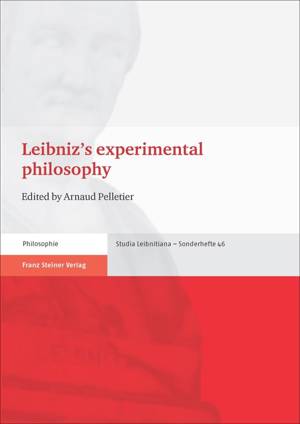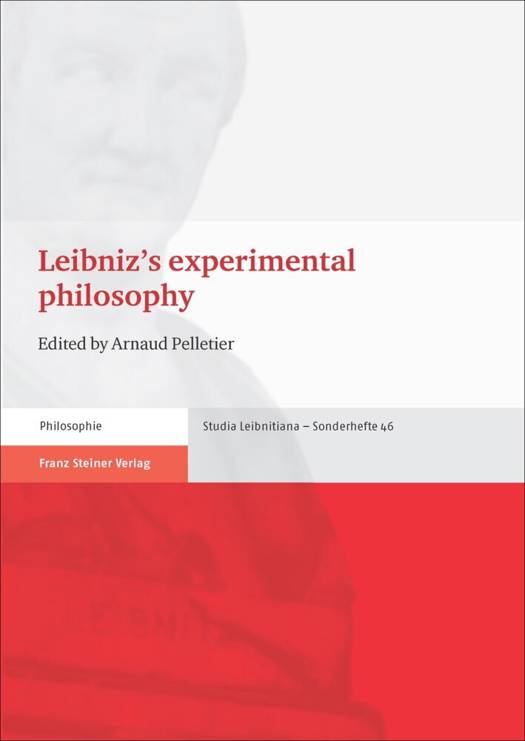
- Afhalen na 1 uur in een winkel met voorraad
- Gratis thuislevering in België vanaf € 30
- Ruim aanbod met 7 miljoen producten
- Afhalen na 1 uur in een winkel met voorraad
- Gratis thuislevering in België vanaf € 30
- Ruim aanbod met 7 miljoen producten
Zoeken
Leibniz's Experimental Philosophy
€ 125,95
+ 251 punten
Omschrijving
The philosophy of Leibniz is often considered as an intellectualism. Speculation is said to take precedence over experience in it. Against this persistent misunderstanding, Leibniz holds that experience plays a constitutive role in all areas of knowledge, even in mathematics and even in metaphysics. For metaphysics itself shall rely on common experiences and empirical observations. In this sense, one can speak of a true experimental philosophy in Leibniz, which does not reduce itself to a mere explanation of natural phenomena through deduction and induction - which was the understanding of 'experimental philosophy' when Newton coined the term. On the contrary, Leibniz's experimental philosophy seeks to overcome the vacuity of the modest empiricists and the boldness of the so-called 'experimental philosophers'. Without being exhaustive, this volume brings together contributions on the various facets of this experimental philosophy - and on the various aspects of experience itself - from considerations in metaphysics and natural philosophy to Leibniz's project of an encyclopaedia of all knowledge.
Specificaties
Betrokkenen
- Uitgeverij:
Inhoud
- Aantal bladzijden:
- 257
- Taal:
- Engels, Frans, Duits
- Reeks:
- Reeksnummer:
- nr. 46
Eigenschappen
- Productcode (EAN):
- 9783515113076
- Verschijningsdatum:
- 13/04/2016
- Uitvoering:
- Paperback
- Formaat:
- Trade paperback (VS)
- Afmetingen:
- 170 mm x 239 mm
- Gewicht:
- 448 g

Alleen bij Standaard Boekhandel
+ 251 punten op je klantenkaart van Standaard Boekhandel
Beoordelingen
We publiceren alleen reviews die voldoen aan de voorwaarden voor reviews. Bekijk onze voorwaarden voor reviews.







